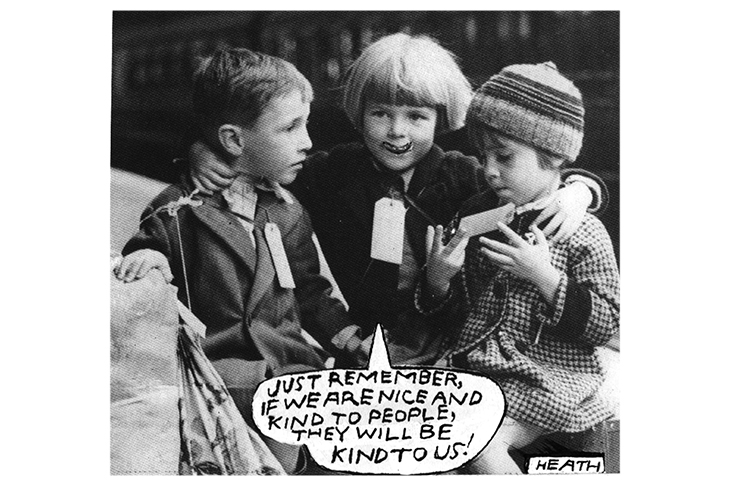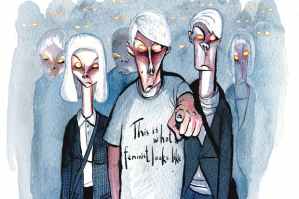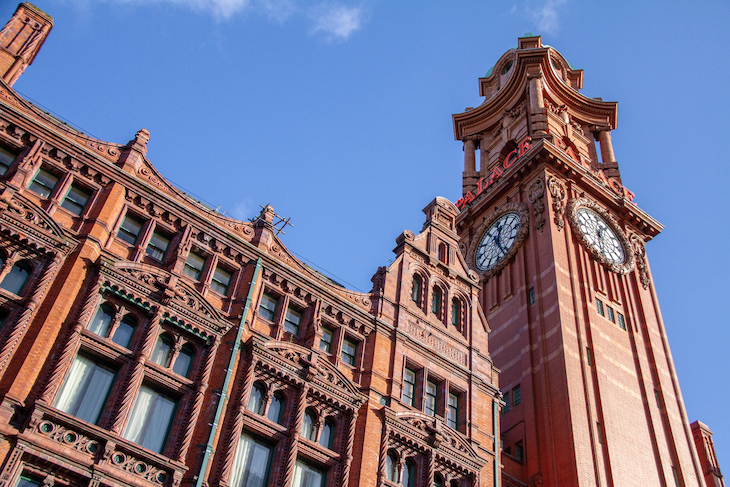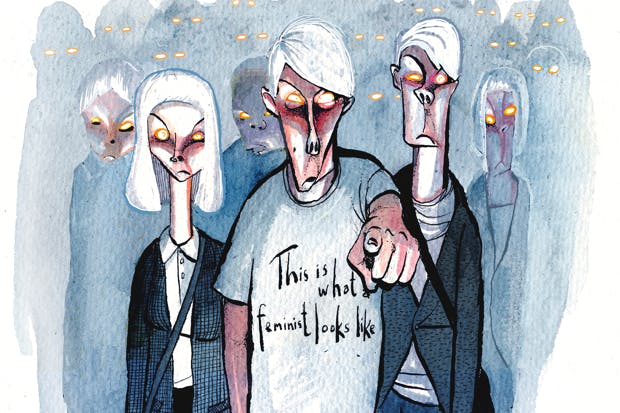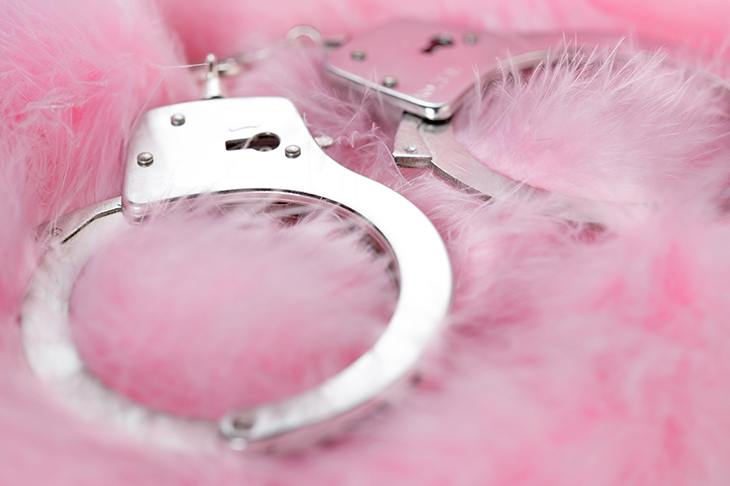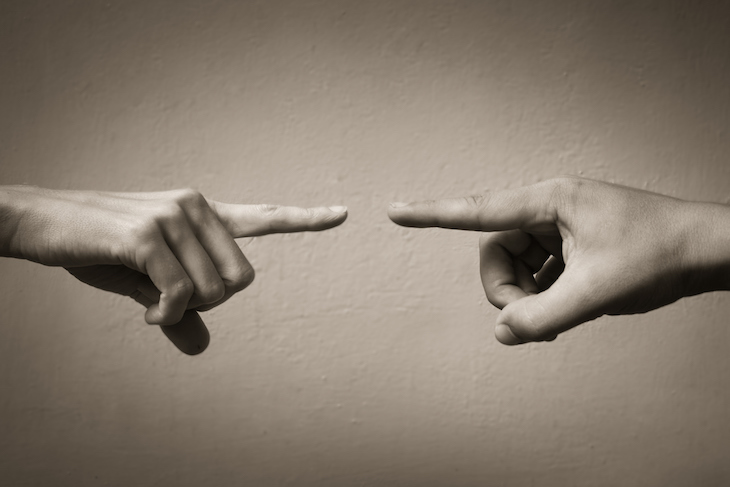Last week, a 20-year-old student came into my office, looking for work experience this summer. He was so polite — in a shy, understated, non-oily way — that I was very keen to help him.
It was like meeting a time-traveler from the 1950s: no showing-off, just a gentle display of intelligence teased out from behind his veil of self-effacement. He even washed up his cup after I’d told him he didn’t need to.
I must introduce a Teacup Test for future interviewees, to see what they do with the cup at the end of the interview. It’s inspired by the Escalator Test, invented by a colleague at the Evening Standard a few years ago. He would watch interviewees leave our office by the down escalator in Northcliffe House, Kensington. If they stood still on it, he knew they’d be lazy and unemployable. If they walked down it, he’d give them another interview.
In the country of the blind, the one-eyed man is king. And, in an increasingly selfish, rude world, good manners are a superweapon.
We live in the first great narcissistic age. For decades, we’ve been encouraged to push ourselves forward: to go for it and be the best you can be ‘because I’m worth it’ — the loathsome L’Oréal catchphrase, invented 50 years ago by Ilon Specht, a 23-year-old junior copywriter.
Throw in soccer players screaming at referees and the rudest man on Earth becoming the US president for four years, and you begin to see how bad manners became fashionable. In Britain we’ve had Alan Sugar yelling at young, impressionable souls on The Apprentice since 2005, the year after Donald Trump started berating youths in the American version of the show.
The problem is that people think they’ll be rewarded for Sugar-style brashness. But that only works for the handful of people who’ve already made it to the top, such as Sugar and Trump.
For the rest of us — particularly those with no power or influence — it’s the complete opposite. If someone’s rude to you, you will do all you can not to help them. When they’re polite and nice to you, you’ll go out of your way for them.
I always go to the same Italian café near my Fitzrovia office, where the owner is a model of Italian good manners. When he asked me the other day if I could have a chat with his daughter about journalism, I was delighted to. The next time I went in to his café, he insisted that my macchiato and pastel de nata were on the house.
Polite people aren’t being Machiavellian by being nice — the café owner had been a joy to meet for years, long before he asked for a favor. But if nasty people want to get on, they should work out that politeness pays. And rudeness fails: I’ve avoided my local hardware shop ever since I was ripped off by an aggressive assistant a decade ago.
In journalism, the polite writers are also the best ones. Craig Brown, A.N. Wilson, Barry Humphries and the late Auberon Waugh all have — or had — immaculate manners. Nice Quentin Letts sends Bendicks mints to hacks who’ve given his books a good review.
The rude writers are the semi-literate ones with absurdly high opinions of themselves. I couldn’t possibly name them — they’re also the first to call in the libel lawyers.
Manners aren’t some frivolous set of etiquette rules. From proper manners — the idea of putting someone else first — other major virtues emerge: turning up on time rather than keeping someone waiting; tidying up rather than expecting someone else to do the dishes; dressing respectably rather than offending people.
I almost feel sorry for rude people. They’ll never know quite how rude they are because their victims rarely tell them. Those victims just strike them off a mental list: note to self — never employ, rely on or, if possible, meet this person again. My rudest contemporary at university once told me: ‘Saying sorry is a sign of weakness.’ I didn’t correct him. I just resolved to see him as little as I could.
The same goes for that terrible bore you sit next to at dinner. Within seconds, you know you’re in for an evening of having to praise the appalling narcissist and asking him (it’s usually a him) a thousand questions you don’t want to know the answer to.
But you never tell him he’s rude and boring — and so he bangs on, ceaselessly, about his glorious past. Most of us are too polite to tell these monsters the truth, but there is the odd heroic exception, such as the former City editor of the Telegraph. Confronted with a bumptious, narcissistic interviewee, he asked him how he’d describe himself.
‘Clubbable,’ said the young show-off.
‘Like a baby seal?’ said the City editor.
This article was originally published in The Spectator’s UK magazine. Subscribe to the World edition here.



